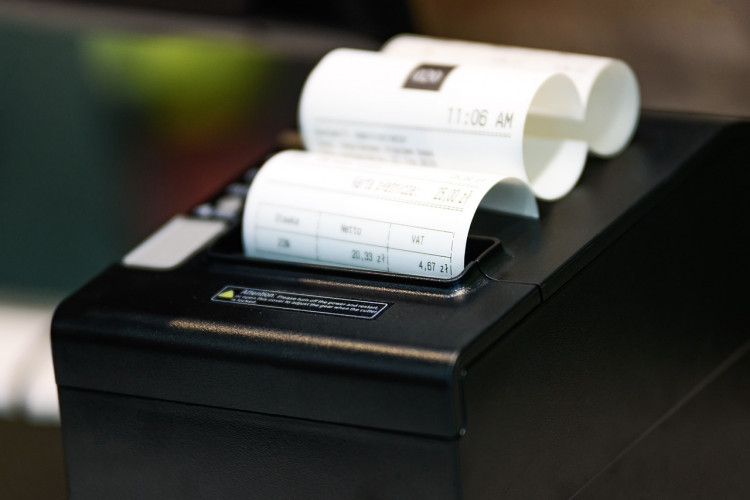California Governor Gavin Newsom signed Senate Bill 1524 on June 29, ensuring that restaurant surcharges remain legal. The bill supersedes the state's "junk fee ban," which outlaws undisclosed fees from rental car dealers, ticket sellers, and until recently, restaurant service fees. The new legislation went into effect immediately, just days before the broader "junk fee ban" was set to commence on July 1.
SB 1524 was a last-minute intervention to protect restaurants from Senate Bill 478, signed by Newsom in October 2023, which aimed to prohibit "drip pricing." Drip pricing refers to the practice of advertising a price lower than what consumers ultimately pay after additional fees are included. While SB 478 did not specifically address restaurant fees, its interpretation by officials suggested that such fees would be illegal.
Restaurant service fees, often added as a percentage of the total bill, cover various costs outside of food and labor, such as employee healthcare. For example, Reem's, a popular establishment, uses a worker resilience charge to replace traditional tipping.
The initial ambiguity around SB 478 caused significant concern within the restaurant industry. Many operators feared that banning service fees would force them to incorporate these costs into menu prices, which could lead to higher advertised prices and potentially deter customers. San Francisco chef Anya El-Wattar told Eater SF, "It makes it almost impossible for a restaurant. It's just one more weight for us to carry."
In April 2024, Attorney General Rob Bonta confirmed that SB 478 would indeed prohibit any additional charges beyond taxes. This prompted a fierce response from the California Restaurant Association, which argued that the law should not apply to restaurant surcharges. The association's pushback paved the way for SB 1524, introduced by Senator Bill Dodd (D-Napa) in early June. The bill swiftly passed through legislative channels and was signed into law by Governor Newsom.
While the restaurant industry is largely relieved by the carve-out provided by SB 1524, many customers are not pleased. According to a survey by the San Francisco Chronicle, over 81% of 1,000 respondents believe restaurant surcharges should be illegal. Discussions on platforms like Reddit have highlighted growing frustration among diners, with users frequently listing restaurants in Los Angeles and Chicago that impose these fees.
Two San Francisco residents have even started a petition to ban "drip-pricing," potentially leading to a future ballot measure. This indicates that the debate over service fees and transparency in pricing is far from over.
The controversy surrounding restaurant surcharges is just one of several new laws taking effect in California. Among these is the "No Roofies Law," which mandates that bars and nightclubs provide date-rape testing kits for patrons. Another significant regulation, Assembly Bill 12, limits security deposits for new rental contracts to one month's rent. Additionally, the "Right to Repair" law requires manufacturers to provide parts and tools necessary for consumers or repair shops to service electronic devices.
The broader implications of SB 1524 extend beyond the restaurant industry. It represents a notable instance of legislative flexibility in response to business pressures, setting a precedent that could influence future regulatory decisions. This balancing act between protecting consumer rights and supporting business viability will likely continue to shape California's regulatory landscape.






